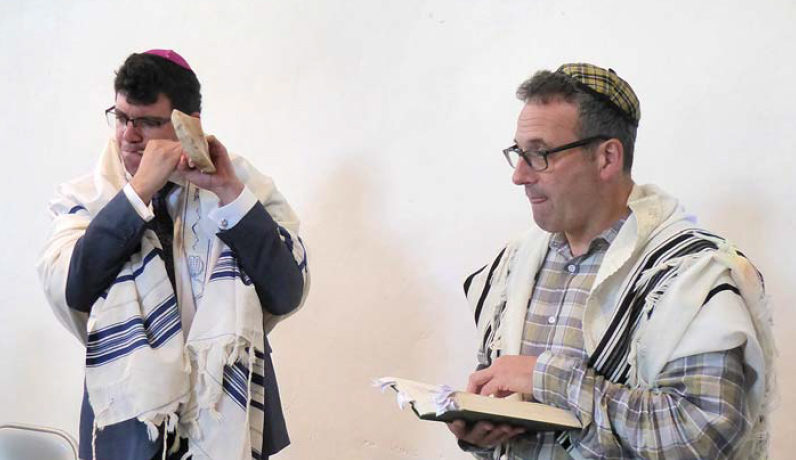In his recent commentary on the parsha of Mikkeitz, Rabbi Lord Jonathan Sachs, argues that Joseph was the world’s first economist. Confronted with the prospect of seven years of plenty followed by seven years of famine, Joseph plans and executes an efficient economic strategy which saves both Egypt and Canaan from the famine. Almost in passing, Rabbi Sachs mentions how Joseph effectively turned the whole population of Egypt into serfs. First he has them use all their money to buy grain. Then he has them sell their livestock. Finally, he tells them to sell their land. From then on, they will own nothing, and 20 percent of their labour will be Pharaoh’s. Eventually, a new Pharaoh will impose a more severe version of such serfdom on the Israelites. The following two parshiyot – Va-yiggash and Va-y’chi – present Joseph and, by extension, his family as at the pinnacle of Egyptian society. Joseph is the Viceroy and respected by everyone. When Jacob dies, he is given a state funeral. The Canaanites in the area say to each other, “Egypt is in deep mourning here.” Yet we know that the end of Bereshit is close and that when the story reopens in Shemot, the Israelites have become miserable slaves. It seem that Joseph’s economic strategy, in the long run, resulted in evil. Or did it?
The story, or stories, of the Torah may seem to follow a simple sequence, one event after another with corresponding moral parallels. Adam and Eve eat the forbidden fruit, so they are expelled from Eden. Cain murders his brother, so he becomes a wanderer. Overreaching humans build Babel, which is bad, and are scattered, which is just. Joseph is sold into slavery, which is bad. He rises to the top of Egyptian society and saves his family from famine, which is good. There is, though, a constantly shifting counterpoint, which raises many questions. What if Adam and Eve had not eaten the forbidden fruit? Where would we all be? Would it have been better for the world or not? Cain, the first murderer, is marked by God with a sign of guilt, but it is also a sign of mercy. The destruction of Babel leads to a multiplicity of languages with worlds of meaning. Joseph saves his family, yes, but their descendants end up as slaves. Is this good or bad? Could we exist as Jews if it were not for the story of our slavery, our rescue and the hard, oh so hard, lessons in how to be free?
And it goes on in Tanach. Solomon is the wisest of kings. He builds the Temple. Yet he ends up amassing wealth, horses and women and dies feared by his people. Before the era of kings, the Judge Jephthah swears to God that he will sacrifice whatever comes first out of his house on his return from battle if God will grant him victory over the Ammonites. He is victorious and returns home, but it is his daughter who emerges first to greet him. “Alas, my daughter,” cries Jephthah in agony, “I have opened my mouth to the Lord, and I cannot take back my vow.” It is easy to read this like some tragic Greek story of obligatory human sacrifice, but it isn’t. Jephthah, although not an evil man, has forgotten, surrounded as he is by idolatry and barbarous practices, the Akeidah. God does not want human sacrifices and so does not want anyone to make a vow that would oblige them to make one. Things are not as simple as they may seem.
This week we have two special visitors, Mike Frankl and Fiona Karet, who have come down from Cambridge and will lead the service on Saturday, starting at 10:30. Come along to listen, pray, sing and share.


